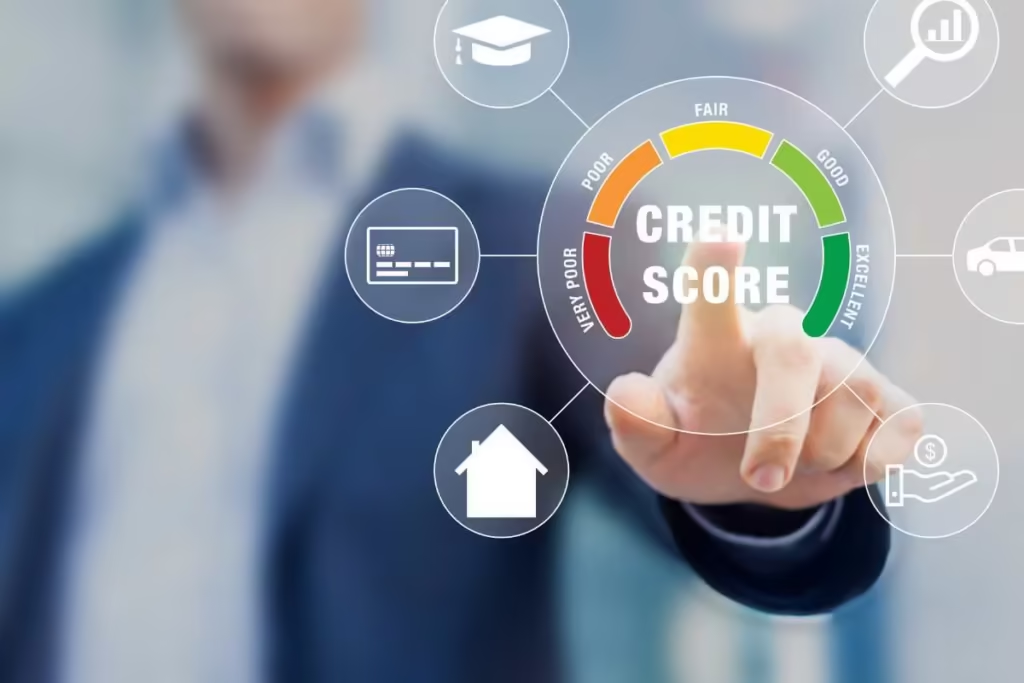Credit Information Bureaus (CIBs) play a crucial position in contemporary monetary systems, presenting institutions with crucial insights into borrowers’ credit score histories. This article explores the concept of CIBs, the operations of the Electronic Credit Information Bureau (eCIB) in Pakistan, the reporting approaches, and the results for both borrowers and creditors.
What is a Credit Information Bureau?
A Credit Information Bureau (CIB) is an entity that gathers and consolidates credit score records on borrowers from member economic establishments. The compiled information is converted into credit score reviews, which might be accessed with the aid of monetary establishments to assess creditworthiness, determine credit score hazard, and make knowledgeable lending choices. The primary purpose of a CIB is to create a centralized repository of credit histories that facilitates economic establishments to assess the monetary reliability of potential debtors, fostering transparency and lowering the risks associated with lending.
The Role of eCIB in Pakistan
The State Bank of Pakistan (SBP) launched the Electronic Credit Information Bureau (eCIB) in December 1992. Governed by Section 25(A) of the Banking Companies Ordinance, 1962, the eCIB collects credit score facts from all banks, Development Financial Institutions (DFIs), Microfinance Banks (MFBs), and Non-Bank Financial Companies (NBFCs) in Pakistan. Membership in the eCIB is mandatory for those institutions, making sure comprehensive and constant credit facts reporting across the financial surroundings.
The eCIB database supports economic institutions in comparing borrowers’ credit histories, allowing them to make sound lending selections.

Key Features of eCIB Membership and Reporting
- Mandatory Membership:
- All banks, DFIs, NBFCs, and MFBs in Pakistan must end up eCIB individuals. Membership is essential for gaining access to the database and making sure uniformity in reporting practices.
- Credit Information Report (CIR) Requirement:
- Financial institutions should gain a CIR earlier than granting or renewing credit score facilities. These reviews guide lending selections with the aid of presenting a detailed view of a borrower’s financial history.
- Regular Data Submission:
- Member institutions post unique borrower statistics online to eCIB each month. This includes the overall exposure, past due payments, defaults, and any quantities under litigation.
- Two Types of CIRs:
- Consumer Credit Information Reports: Cover people and sole owners, related to their country wide identification numbers, with a file of price records during the last one year.
- Corporate Credit Information Reports: Include facts on partnerships and corporate entities, reflecting liabilities, defaults, rescheduling, and restructurings over longer periods (up to 15 years for write-offs).
Access to Credit Information Reports
Currently, borrowers can not immediately achieve their CIRs from eCIB. Financial establishments access these reviews for inner use most effectively, keeping confidentiality. However, under the Credit Bureau Act-2015, certified personal credit score bureaus will quickly allow debtors to get right of entry to their credit reports.
The Impact of Negative Credit Reports
No Automatic Lending Restrictions:
- A terrible CIR does no longer bar borrowers from acquiring credit scores. Financial institutions examine lending packages primarily based on their internal rules and the borrower’s reimbursement capability, notwithstanding a record of overdue payments or defaults.
- Improving Negative Reports:
- Borrowers with negative CIRs can work with economic institutions to settle past due liabilities and regularize accounts. Once liabilities are settled, overdue amounts are updated inside 10 days and eliminated from the report after twelve months.
- Comprehensive Record Maintenance:
- For purchaser borrowers, the eCIB continues monetary records for twelve months, at the same time as company debtors’ statistics, consisting of litigation and write-offs, are retained for longer.
Disputes and Corrections in CIRs
If borrowers discover discrepancies in their credit score reports, they should method the reporting monetary organization for corrections. The eCIB does not amend CIRs independently, as the duty for accurate reporting lies with the financial institutions. Disputes unresolved with the aid of the financial institutions can be escalated to the eCIB helpdesk.
Addressing Erroneous Reporting
To ensure information integrity, SBP penalizes economic institutions for misreporting. Borrowers can seek a decision by contacting their monetary group and, if important, escalating lawsuits through reliable channels.
CIBs and Credit Ratings
It’s important to note that CIRs do not now assign credit score scores or explicit reviews on a borrower’s creditworthiness. Instead, they provide actual data, highlighting each high quality and negative credit sports. Financial establishments interpret this information to make lending decisions.

Significance of Credit Information Bureaus
Credit bureaus like eCIB make a contribution substantially to the financial ecosystem via promoting responsible lending and borrowing practices. Here’s how they advantage special stakeholders:
- For Financial Institutions:
- Informed Lending: Comprehensive credit score histories allow establishments to evaluate hazard more accurately.
- Reduced Default Rates: By studying CIRs, lenders can keep away from extending credit score to excessive-hazard debtors.
- Improved Credit Risk Management: A clear view of credit publicity enables institutions to manage portfolios efficiently.
- For Borrowers:
- Access to Credit: Borrowers with fine CIRs have higher possibilities of securing loans and credit at favorable terms.
- Accountability: Transparent information inspires debtors to preserve precise reimbursement behavior.
- Opportunities for Improvement: Even those with bad reports can paint to regularize money owed and rebuild creditworthiness.
Challenges and Future of eCIB
While the eCIB device has notably improved credit reporting and hazard control, there are regions for enhancement:
- Borrower Access to Reports:
- The inability of debtors to without delay get right of entry to CIRs limits their understanding of their credit score status. The advent of personal credit score bureaus under the Credit Bureau Act-2015 is anticipated to bridge this hole.
- Timeliness of Data Updates:
- Delays in updating settled accounts can affect debtors’ capacity to stable new credit scores. Institutions have to make sure to activate records submissions to avoid discrepancies.
- Awareness and Education:
- Borrowers often lack cognizance about credit score reporting mechanisms and their implications. Financial literacy programs can empower people to better manipulate their credit profiles.
- Integration with Digital Platforms:
- Expanding virtual infrastructure and allowing real-time admission to credit facts can similarly streamline the lending technique.
Conclusion
Credit Information Bureaus, consisting of Pakistan’s eCIB, are vital for keeping an obvious and green economic system. By compiling and sharing specified credit histories, they empower monetary establishments to make sound lending choices whilst encouraging debtors to preserve accountable economic behavior.
While the system has its challenges, such as limited entry to debtors and the want for well timed data updates, ongoing reforms and technological advancements are poised to enhance its capability. Borrowers should prioritize knowledge and handling their credit profiles, as superb credit score histories unlock opportunities and contribute to long-term financial balance.
As the monetary panorama evolves, the collaboration among credit score bureaus, monetary establishments, and borrowers will play a crucial function in fostering consideration, responsibility, and monetary boom.

